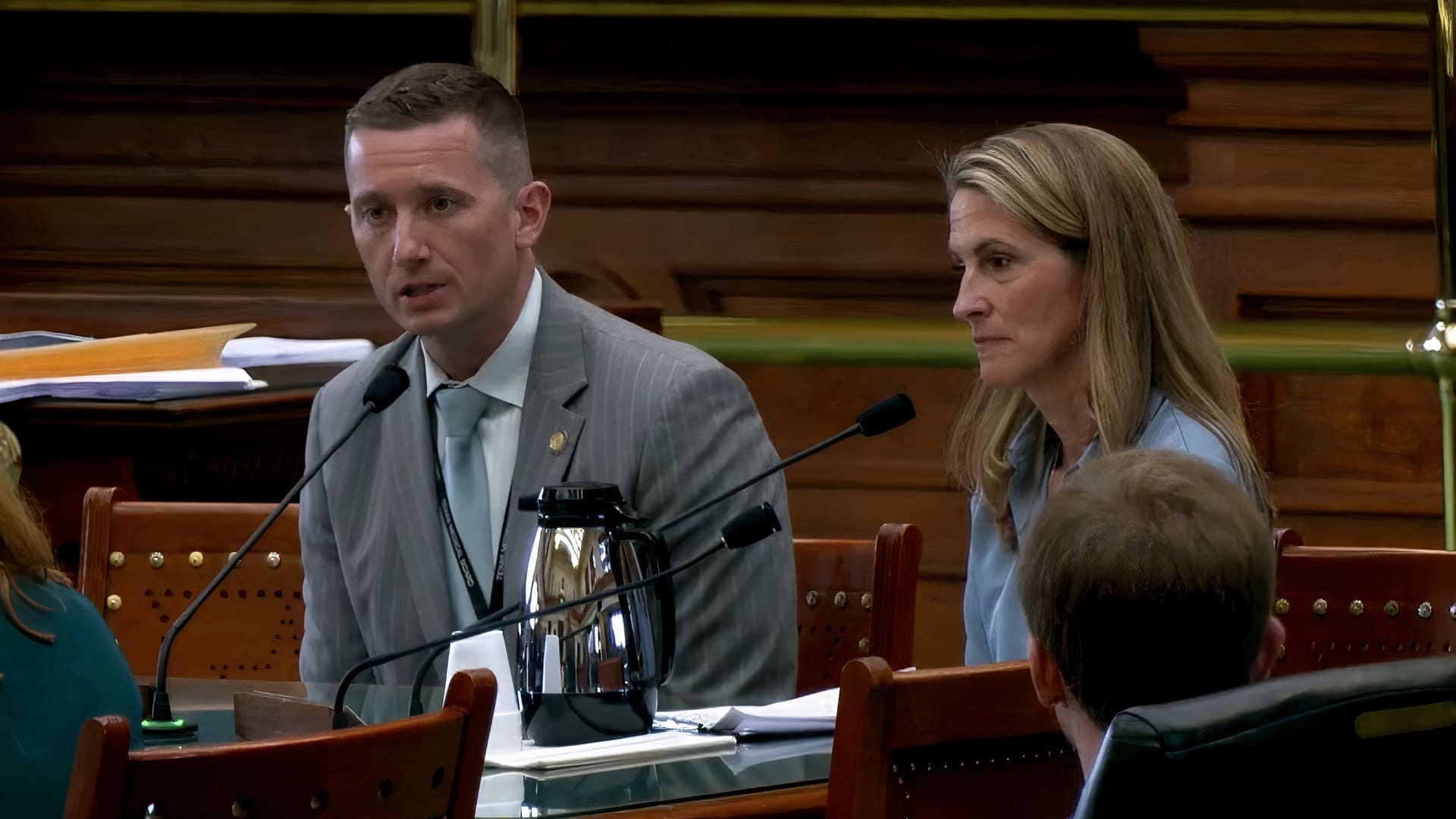Texas senators are considering measures that would increase doctor and patient freedom when treating COVID-19 and protect them from state agencies’ pushback.
On Tuesday, the Senate Committee on Health and Human Services took up Senate Bill 883 by State Sen. Angela Paxton (R-McKinney), which would allow doctors to prescribe drugs off-label to treat COVID-19.
“Off-label use” refers to the utilization of pharmaceutical drugs for a condition, dosage, or patient population unapproved by the United States Food and Drug Administration.
The practice became increasingly common during the COVID-19 pandemic when thousands of Americans sought to use prescription drugs like hydroxychloroquine and ivermectin to treat their viral symptoms.
While hydroxychloroquine is not approved by the FDA for COVID treatment, some studies have shown it to be at least moderately effective. Ivermectin, likewise, is not approved by the agency but has some medical journal support.
“What this bill does is it allows physicians the right to treat by protecting their ability to prescribe off-label medication and treatment, which may assist in [the patients’] treatment and recovery of COVID-19,” said Paxton.
Michelle Evans, the political director for Texans for Vaccine Choice, testified in favor of SB 883, arguing that “time after time” patients who exercised informed consent over alternative COVID treatments were roadblocked.
“Patients and their loved ones in some situations were forced to go as far as to obtain court orders. In one such instance, Memorial Hermann Hospital in Sugar Land refused to administer ivermectin despite a court order to compel them to do so,” said Evans. “The patient, unfortunately, died in the hospital.”
Dr. Stella Immanuel, a Houston-based physician originally from Cameroon, also testified in favor of SB 883.
Immanuel had gained national attention during the height of the pandemic for promoting the efficacy of hydroxychloroquine and ivermectin as a remedy against COVID in a video posted on social media.
“We’ve taken care of over 100-and-something thousand patients, and I’ve had … the Texas Medical Board coming after me over and over and over just about prescribing hydroxychloroquine and ivermectin,” said Immanuel.
Dr. Mary Talley Bowden testified that the Texas State Board of Pharmacy “completely shut down” her ability to prescribe hydroxychloroquine and the antibiotic azithromycin.
Lawmakers also heard testimony on SB 2422 by State Sen. Bob Hall (R-Edgwood), which would prohibit the Texas Medical Board from seeking disciplinary actions on doctors who prescribed budesonide, hydroxychloroquine, or ivermectin to treat COVID.
It would also prevent them from investigating or taking action against individuals who made statements against the efficacy of masks or failed to wear them at work.
“The data shows that the doctors who used these off-label drugs were at least 100 times more successful in preventing COVID deaths than the doctors and hospitals that conformed to the misguided edicts of the federal government and Texas Medical Board,” said Hall.
“It is also well known that prolonged use of a mask is detrimental to a wearer’s health, and most masks were proven to offer little to no protection against the COVID virus,” he added.
Bowden noted that she had three complaints that had to be processed by the Texas Medical Board during COVID. Those include allegations of unprofessional conduct and violations of the standard of care.
Bowden was eventually suspended by her former employer, Houston Methodist Hospital, after publicly supporting the use of ivermectin as a treatment against COVID.
“I’m not going to give up, because I want my name cleared. And if there is a mark on my record, it prevents me from getting hospital privileges. It prevents me from getting a license in another state,” said Bowden.
“At this point, I would love to move to another state and practice. Or, I’m also at the point where I may just retire because it’s just not worth it anymore,” she added.
State Sen. Lois Kolkhorst (R-Brenham) asked Texas Medical Board Executive Director Stephen Brint Carlton how many COVID-related cases were still ongoing.
“Since the end of the emergency declaration, we’ve stopped keeping count of anything that has to do specifically with COVID-19. At this point, there are maybe a couple. But pretty much they’ve all been closed out,” said Carlton.
Carlton and Bowden then testified beside each other regarding her ongoing case, with Bowden arguing that the agency’s moves were intended to get her on technicalities while she was trying to save the life of a patient.
Bowden said a patient’s attorney had informed her that she was authorized to administer ivermectin to the patient through a court order and initially moved forward with doing so.
However, according to Bowden, the attorney did not inform her after the hospital successfully appealed the decision, receiving a stay stopping her from authorizing the prescription.
“I was leaning on the advice of the legal experts in this case, who told me, ‘Yes, we have the green light,’” she contended.
Carlton, meanwhile, defended the agency’s position that Bowden was unauthorized in trying to administer ivermectin to the patient.
Hall said that by setting an example with SB 883, there will be fewer cases like Bowden’s because doctors will be empowered to treat patients without needing to worry “about the big boogeyman” of the Texas Medical Board.
After the hearing, Evans told Texas Scorecard that the two measures heard by HHS on Tuesday were “crucial steps toward course correcting from COVID mistakes and overreach.”
“By reining in the Texas Medical Board and removing the state from the doctor-patient relationship, these bills emphasize provider autonomy and patients’ rights,” stated Evans.
Both SB 883 and SB 2422 were left pending in committee.
No ads. No paywalls. No government grants. No corporate masters.
Just real news for real Texans.
Support Texas Scorecard to keep it that way!





